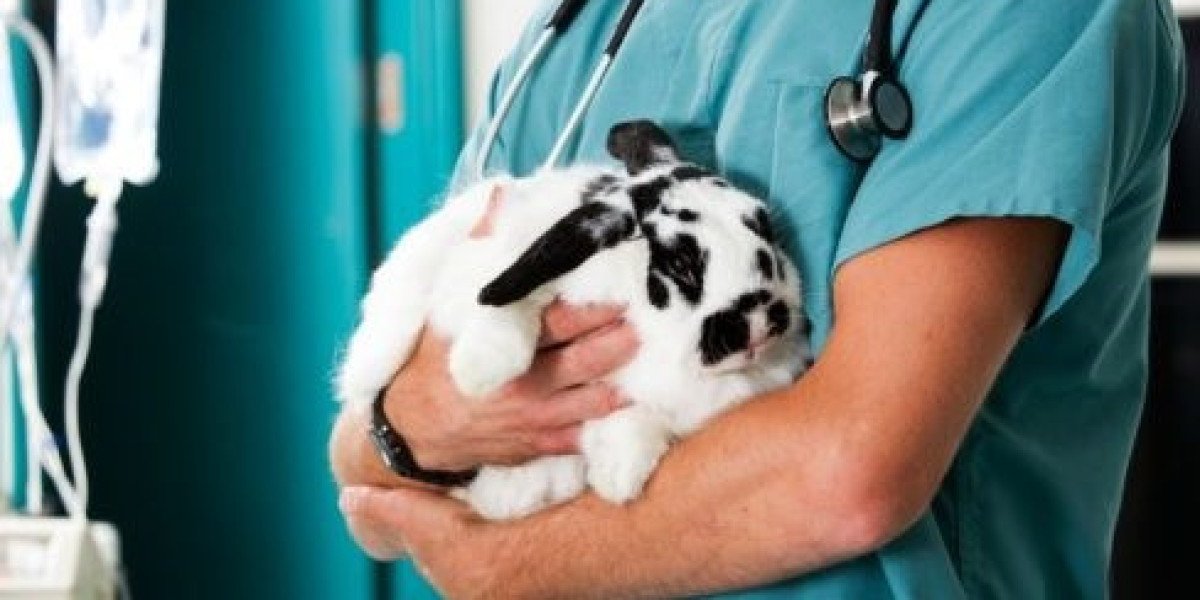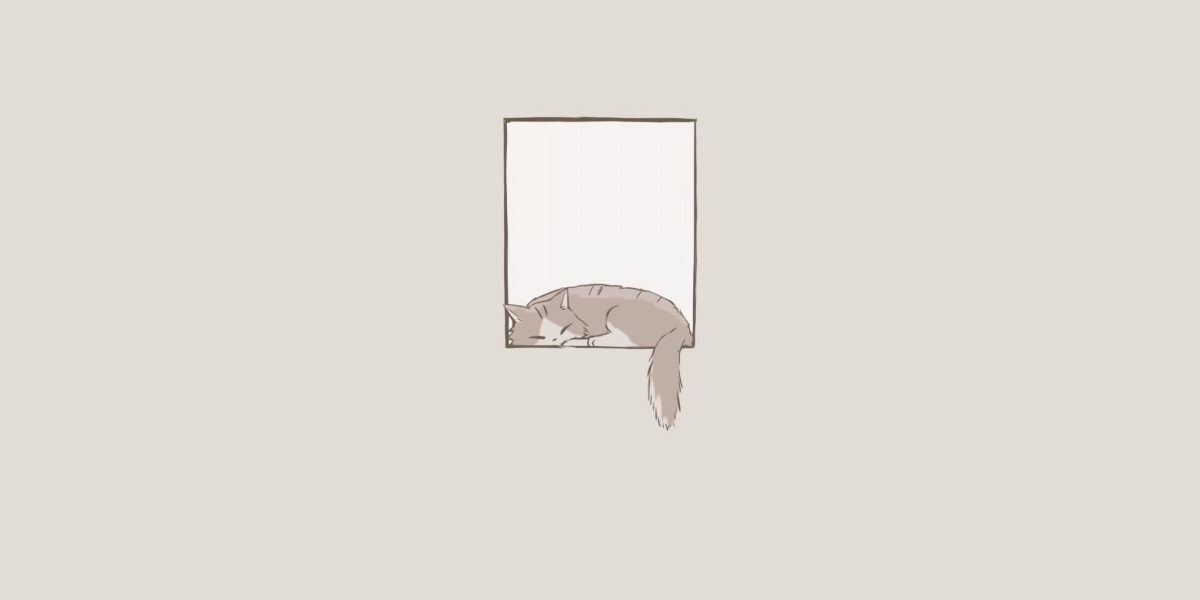Warning Signs of Sickness in Rabbits: What Every Pet Owner Should Know
Rabbits are delicate and intelligent animals that make wonderful companions. However, they are also experts at hiding illness, making it essential for pet owners to recognize early warning signs of sickness. Being aware of these signs can help ensure your rabbit receives prompt veterinary care, increasing the chances of recovery. Here are some key symptoms to watch for and what they could indicate.
1. Changes in AppetiteA rabbit that suddenly stops eating or drinking is a major cause for concern. Rabbits have a sensitive digestive system that requires a constant intake of hay and other fibrous foods. A loss of appetite could indicate gastrointestinal stasis (Factory Farms Crueltystasis), dental problems, or another underlying health issue. Similarly, a rabbit refusing water may be suffering from dehydration or another illness.
2. Abnormal Feces or UrinationRabbit droppings are a good indicator of their health. Healthy rabbits produce two types of droppings: firm, round pellets and softer cecotropes, which they re-ingest for nutrients. If your rabbit’s stool is small, misshapen, or absent altogether, it could signal GI stasis or dehydration. Diarrhea is particularly dangerous and requires immediate veterinary attention. Additionally, changes in urine color, straining to urinate, or blood in the urine can indicate urinary tract infections, kidney issues, or bladder stones.
3. Lethargy or Unusual BehaviorA healthy rabbit is active, curious, and enjoys exploring its environment. If your rabbit is unusually lethargic, hiding more than usual, or unresponsive, it may be in pain or feeling unwell. Sudden aggression or withdrawal from social interaction can also signal illness. Rabbits are prey animals, so they often mask their discomfort, making behavioral changes an important red flag.
4. Respiratory IssuesRabbits should breathe quietly and without effort. If you notice wheezing, labored breathing, excessive sneezing, or nasal discharge, your rabbit may have a respiratory infection such as snuffles, which is caused by bacteria like Pasteurella. This condition can become severe if left untreated. Other signs include crusty eyes or excessive tearing.
5. Dental ProblemsRabbit teeth grow continuously throughout their lives, requiring constant wear through chewing hay and other fibrous foods. Overgrown teeth can cause pain, difficulty eating, drooling, or even abscesses. If you notice your rabbit dropping food, refusing to eat, or showing signs of discomfort when chewing, a vet should check for dental issues.
6. Head Tilt or Loss of BalanceA tilted head, difficulty standing, or loss of balance could indicate an inner ear infection, neurological disorder, or a condition called Encephalitozoon cuniculi (E. cuniculi), a parasite that affects the nervous system. Immediate veterinary care is necessary to determine the cause and initiate appropriate treatment.
7. Skin Issues or Hair LossExcessive scratching, hair loss, or flaky skin could be signs of parasites such as mites or fleas. Redness, sores, or lumps may indicate infections or abscesses that require veterinary intervention. Checking your rabbit’s skin regularly can help detect these issues early.
Conclusion








